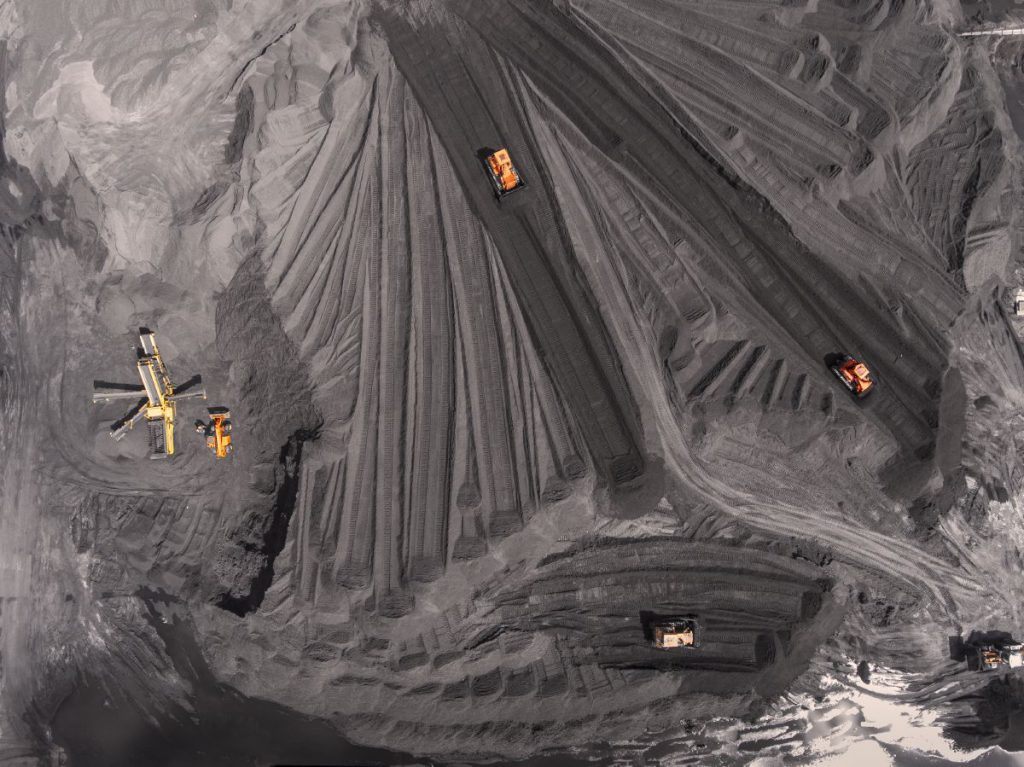Can coal washing be done more sustainably?

More than half of the 250 mining industry executives interviewed rated “license to operate” as the biggest risk to their business, according to EY’s 11th annual report.
A growing middle class and rapid urbanization, especially in fast-developing countries, boost the demand for energy production and raw materials, such as coal. Let’s take a look at coal preparation and how it can be improved both environmentally and economically.
Today, coal supplies a third of all energy used worldwide and makes up 38% of electricity generation. In addition, industries such as iron & steel, cement, fertilizers, and pulp & paper rely on coal for their processes and energy requirements. Given the position of coal in the global energy framework and the legitimate environmental concerns related to it, the production of clean coal technologies is essential to accomplish both efficient energy production and a reduced environmental footprint. This is where coal washing comes in.
What is coal washing?
Depending on its quality, coal needs to be “washed” with water and chemicals to remove sulfur and impurities before it can be burned in a power plant. Coal washing, or coal beneficiation, is widely seen as an efficient method for getting the most from run-of-mine coal. On the other hand, it is a water-intensive process: typically, washing one ton of coal consumes about 45 m3 liters of water. As environmental regulations tighten, mechanized mining increases impurities in run-of-mine coal and production rates continue to surge, there is a constant need for improving coal quality.
Less water- and energy-intensive coal production
Metso’s coal washing solution includes factory fitted and self-contained modules optimizing beneficiation capacity. In other words, this means technologies that enable maximizing the ore recovery while using less water and energy or other consumables in the process.
Let’s take dewatering, a part of the beneficiation process, as a concrete example. Inclined Plate Settler (IPS) is typically an integral component in a coal washing plant. Metso’s IPS is a modular and compact sedimentation and dewatering system utilizing lamella clarification technology that reduces the floor area and flocculant chemicals needed. Flocculants are chemicals that are used in water treatment processes to improve the settling of small particles. The lamella technology allows utilizing less flocculants in the process, which decreases the impact on the environment.
Another key feature is water conservation. With enhanced water conservation, zero outflowing wastewater discharge and lower carbon emissions, the solution contributes to a more sustainable process…
Read the entire article on metso.com: Can coal washing be done more sustainably?
{{ commodity.name }}
{{ post.title }}
{{ post.date }}




Comments